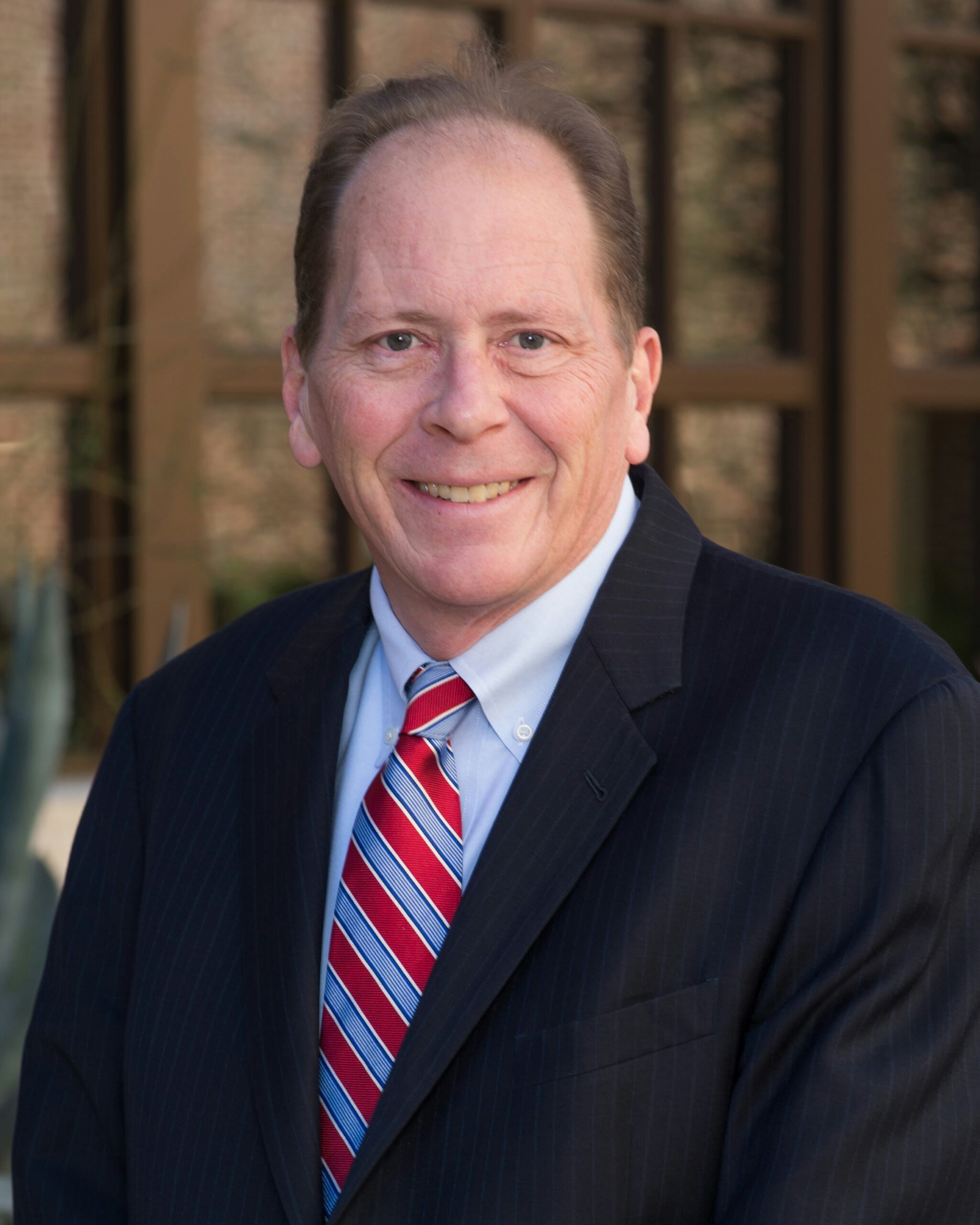A February 21 blog post by Patrick Barta on The Wall Street Journal’s Southeast Asia Real Time blog notes that just six weeks...
A February 21 blog post by Patrick Barta on The Wall Street Journal’s Southeast Asia Real Time blog notes that just six weeks before important elections in Burma, the government still has not announced whether it will permit international monitors to observe the vote. The April 1 elections will fill 48 vacant parliamentary seats and if conducted fairly, could offer opposition groups like Aung San Suu Kyi’s National League for Democracy an opportunity to participate in governance. For the Burmese government, the elections are a key benchmark in ending years of economic and political sanctions and relative isolation. International election observation is not a panacea, but it can be a key confidence-building measure. Independent observers can help to instill trust in the election system, especially in environments like that in Burma, where one-party rule often means the opposition has no meaningful role in government, election administration, or the media. International monitoring can also encourage deeply divided societies, such as those in post-conflict environments, to accept the outcome of the vote. Many groups and organizations conduct election observation missions. Multinational groupings such as the European Union (EU), African Union (AU), and Organization of American States (OAS) are among the most visible. Nongovernmental organizations such as the Carter Center, National Democratic Institute (NDI), and the International Republican Institute (IRI) are also active. International election monitoring works best when it is part of a broader effort to support democratic institutions. Active political parties and domestic civil society groups are vital in engaging citizens and fighting electoral fraud. A free press that offers access to all parties and can report without censorship helps protect the integrity of the process. And governments can promote confidence in the electoral system and its outcome by allowing opposition and neutral representatives a meaningful role in election administration. International election observers can help by offering an impartial, outside perspective on the process and recommendations on ways to improve the system. Burma’s government has pledged the April elections will be fair and transparent. But with only weeks remaining before the vote, time is growing short. A speedy decision to welcome international election observers would be a positive signal to both Burmese voters and the world that the government is serious about putting the country on the road to democracy and reform. This post was written by Lindsay Lloyd, Program Director of the Freedom Collection at the George W. Bush Institute.
































